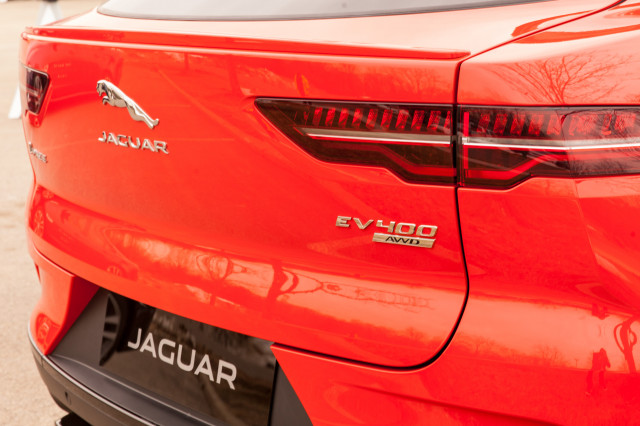![[Photo provided by Posco]](https://file.mk.co.kr/meet/neds/2018/04/image_readtop_2018_210250_15226546353261897.jpg)
South Korea’s leading steelmaker Posco has begun operating the country’s first manufacturing line dedicated to lithium hydroxide inside its steel mill in Gwangyang, South Jeolla Province, upon completion this month, the company said on Monday.
Along with lithium carbonate, lithium hydroxide is a key material of lithium battery used in the production of high-performance electric car batteries.
The new manufacturing line, which was added inside Posco’s lithium extraction plant, has annual capacity of 1,500 tons. Lithium hydroxide is produced by enriching lithium phosphate collected from used lithium-ion batteries.
The traditional steel mill bets battery materials will become its new revenue source.
Shares of Posco gained 0.6 percent to close Monday at 327,500 won.
An unnamed official from Posco said that lithium hydroxide produced from its new manufacturing line is very economical with recovery rate above 80 percent and also environmental as it does not produce any solid waste in the manufacturing process. It also contains only one third of impurities as to lithium hydroxide produced by other companies.

Posco plans to sell lithium hydroxide to domestic and foreign battery makers including LG Chem Ltd. and Samsung SDI Co. after certification procedure is completed.
Posco, meanwhile, has been producing lithium carbonate used in laptop and mobile phone batteries at its lithium extraction plant since February, last year. The latest addition has led Posco to up its annual production capacity to 2,500 tons that include 1,000 tons of lithium carbonate and 1,500 tons of lithium hydroxide. Posco also plans to add an additional line this year for lithium carbonate and hydroxide production using lithium ore.
Kwon Oh-joon, chairman of Posco, said that the company will continue to put out efforts to localize key materials that have been dependent on imports. Korean companies currently depend wholly on imports for supply of lithium hydroxide.
According to Posco, global demand for lithium carbonate and lithium hydroxide is projected to increase from 250,000 tons in 2017 to 710,000 tons in 2025. Demand for lithium hydroxide, in particular, will increase significantly amid a rise in electric vehicle sales, the company





